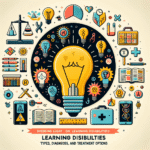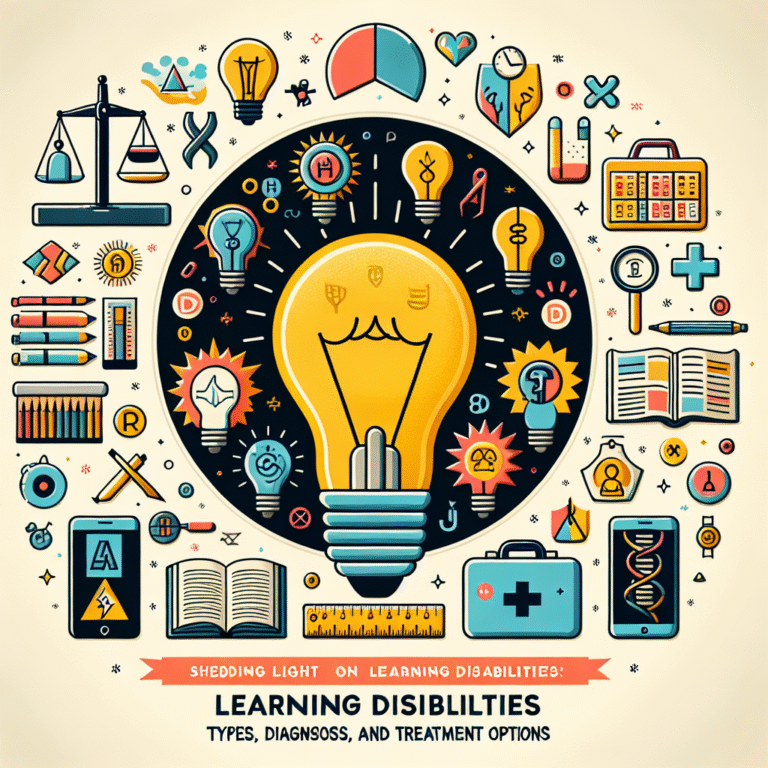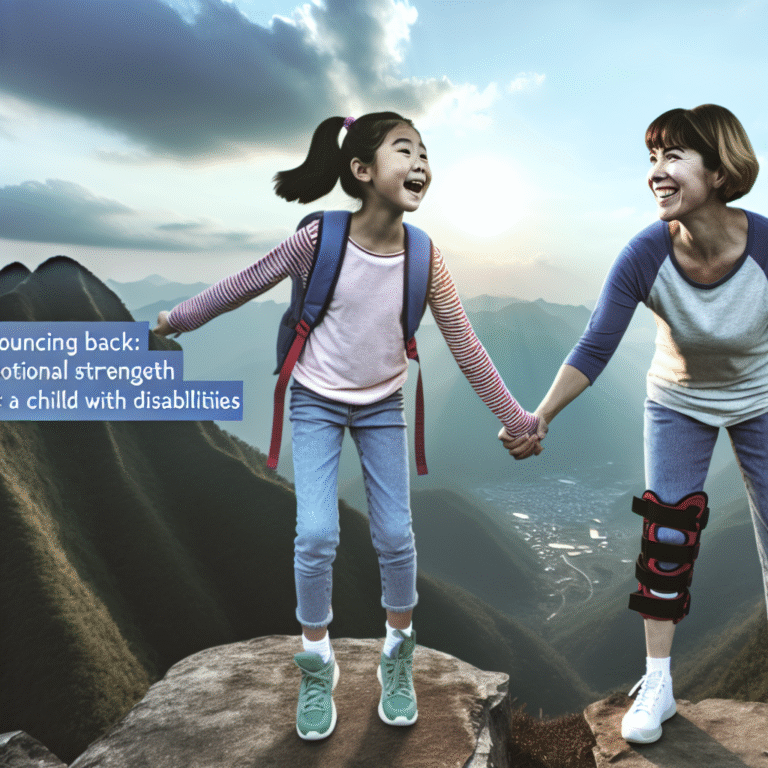
Introduction
Imagine a student struggling to grasp a mathematical concept. With each failed attempt, their confidence dwindles, and soon, they believe they’re simply "not good at math." Now contrast this scenario with another student who, despite initial difficulties, tells themselves, "I can improve with practice." This second student is tapping into the powerful concept of self-efficacy. Self-efficacy in education: how believing in yourself enhances learning is not just an abstract theory; it fundamentally shapes the educational journey of learners across the globe.
In a world where academic pressures are mounting, understanding self-efficacy becomes essential. It acts as a predictor of educational performance, motivation, and resilience. This article delves into the profound effects of self-efficacy on learning outcomes, providing unique insights, real-world applications, and actionable strategies for fostering this vital trait among students.
Understanding Self-Efficacy
What Is Self-Efficacy?
Self-efficacy, a term popularized by psychologist Albert Bandura, refers to an individual’s belief in their capacity to execute behaviors necessary to produce specific performance attainments. In simpler terms, it is the confidence one has in their abilities to succeed in a certain situation.
The Role of Self-Efficacy in Education
In education, self-efficacy plays a crucial role in various aspects:
- Motivation: Students with high self-efficacy are more motivated to engage in tasks.
- Academic Resilience: These students tend to persevere in the face of challenges.
- Performance Outcomes: There is a strong correlation between self-efficacy and academic achievements.
In essence, self-efficacy in education is the linchpin that connects belief with performance.
The Science Behind Self-Efficacy
How Self-Efficacy Works
Self-efficacy operates through a process that involves:
- Mastery Experiences: Successfully performing a task increases self-efficacy.
- Vicarious Experiences: Observing others succeed can enhance our belief in our abilities.
- Social Persuasion: Encouragement from peers and educators boosts confidence.
- Emotional States: A positive emotional state can bolster self-efficacy.
Theories Supporting Self-Efficacy
Bandura’s seminal work on self-efficacy is rooted in social cognitive theory, which emphasizes the reciprocal interaction between personal factors, behavior, and the environment. Understanding this theory is crucial for educators aiming to cultivate self-efficacy in students.
Real-World Applications of Self-Efficacy in Education
Case Study 1: The Impact of Self-Efficacy on Math Performance
In a study conducted by Lent et al. (2003), researchers found that high school students with strong self-efficacy in math achieved significantly higher test scores than their less confident peers. The study highlighted how interventions aimed at boosting self-efficacy—such as mentorship programs and collaborative learning—led to improved academic performance.
Analysis: This case study underlines the significance of enhancing self-efficacy in specific subjects, demonstrating that targeted interventions can yield substantial benefits.
Case Study 2: Enhancing Self-Efficacy Through Technology
A 2021 study by the Journal of Educational Technology explored the use of gamified learning platforms designed to improve self-efficacy. The results showed that students using these platforms reported higher confidence levels and better engagement with content.
Analysis: This case study illustrates the transformative potential of technology in fostering self-efficacy, making learning not only effective but also enjoyable.
Table: Benefits of High Self-Efficacy in Education
| Benefit | Description |
|---|---|
| Increased Motivation | Greater willingness to engage in tasks |
| Enhanced Resilience | Ability to overcome challenges and setbacks |
| Improved Academic Performance | Correlation with higher grades and test scores |
| Greater Goal Setting | More likely to set and pursue challenging goals |
Strategies to Enhance Self-Efficacy in Students
1. Setting Achievable Goals
Encouraging students to set specific, manageable goals can significantly enhance their self-efficacy. When students achieve these small goals, their confidence grows, fostering a positive cycle of success.
2. Providing Constructive Feedback
Feedback should focus on effort and strategy rather than innate ability. Constructive feedback helps students understand that they have the power to change their learning outcomes through hard work.
3. Creating a Positive Learning Environment
A supportive atmosphere encourages collaboration and risk-taking. Teachers should aim to foster a safe space where mistakes are viewed as learning opportunities rather than failures.
4. Incorporating Peer Learning
Group work and peer teaching can enhance self-efficacy. When students observe their peers succeed, they may feel more capable of achieving similar outcomes.
5. Utilizing Technology
Implementing technology solutions, such as educational games or interactive platforms, can engage students and build their confidence in a fun, innovative way.
Conclusion
Self-efficacy in education: how believing in yourself enhances learning is a dynamic interplay of confidence, motivation, and performance. As students cultivate a strong sense of self-efficacy, they unlock their potential, leading to improved academic outcomes and a richer learning experience. Educators play a pivotal role in this journey, as their encouragement and innovative strategies can transform student beliefs and capabilities.
As we reflect on this journey of self-discovery and growth, let us remember that the bridge between belief and achievement is built on self-efficacy. By nurturing this trait, we empower learners not just for today, but for lifelong success.
FAQs
1. What can teachers do to improve students’ self-efficacy?
Teachers can provide constructive feedback, create a supportive classroom environment, and encourage goal-setting to help improve students’ self-efficacy.
2. How does self-efficacy affect student outcomes?
High self-efficacy is linked to increased motivation, resilience, and ultimately, better academic performance.
3. Can self-efficacy be taught?
Yes, self-efficacy can be taught through targeted interventions such as mentorship, positive reinforcement, and peer learning experiences.
4. Is self-efficacy the same as self-esteem?
While they are related, self-efficacy specifically refers to belief in one’s ability to achieve tasks, whereas self-esteem relates to overall self-worth.
5. How can parents contribute to their child’s self-efficacy?
Parents can engage in positive reinforcement and support their children in setting and achieving realistic goals, which can bolster their self-confidence.
By implementing these insights and strategies, educators, parents, and learners can work together to cultivate an educational environment rich in self-efficacy, inspiring a new generation of confident and successful individuals.















